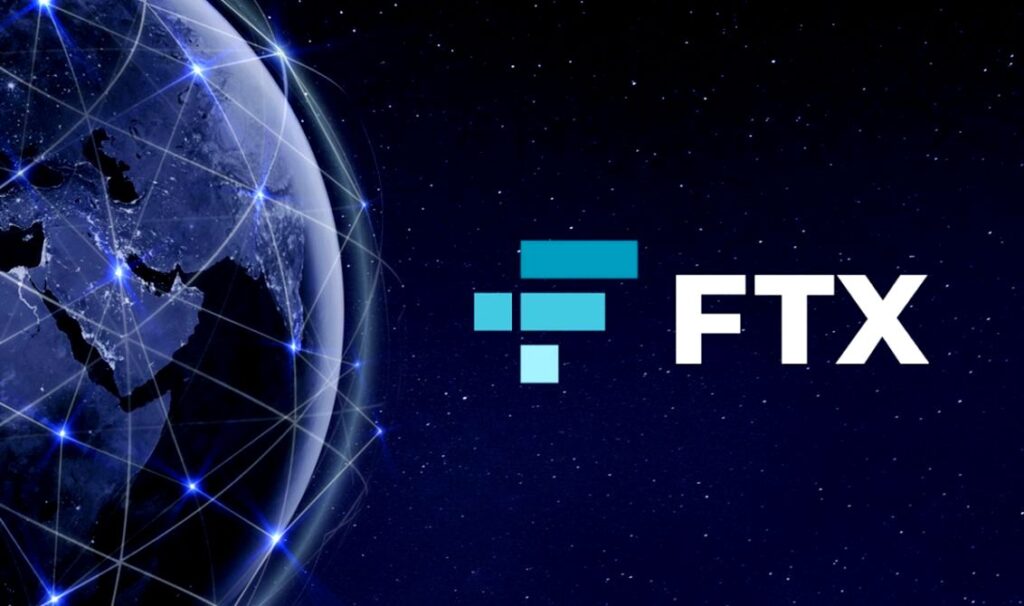The mystery continues to shroud the missing billions at bankrupt crypto exchange FTX after its disgraced founder Sam Bankman-Fried denied trying to perpetrate a fraud while admitting to grievous managerial errors.
In his first major public appearance following the Nov. 11 implosion of FTX and sister trading house Alameda Research, Bankman-Fried said he “screwed up” at the helm of the exchange and should have focused more on risk management, customer protection and links between FTX and Alameda.
“I made a lot of mistakes,” the 30-year-old said Wednesday by video link at the New York Times DealBook Summit. “There are things I would give anything to be able to do over again. I didn’t ever try to commit fraud on anyone.”
Bankman-Fried’s participation was controversial given there are outstanding questions about how Bahamas-based FTX ended up with an $8 billion hole in its balance sheet and whether it mishandled customer funds. Reports that FTX lent client money to Alameda for risky trades have stoked such concerns.
Interviewed by New York Times columnist Andrew Ross Sorkin, who said Bankman-Fried was joining from the Bahamas, the fallen crypto mogul didn’t give a straight answer about whether he had at times lied.
Bankman-Fried told the summit that he “didn’t knowingly commingle funds.” At the same time, he said that FTX and Alameda were “substantially more” linked than intended and that he failed to pay attention to the trading house’s “too large” margin position.
He said he wasn’t running Alameda and added that he was “nervous about a conflict of interest.” No person was in charge of position risk at FTX, he said, describing the lack of oversight as a mistake.
Out of Control
The comments shed little light on the question of where client funds ended up as Bankman-Fried stuck to a hard-to-parse account of how Alameda ran up a massive margin position on the exchange.
The restructuring expert who took over the firm in bankruptcy, John J. Ray III, has painted a picture of FTX as a mismanaged, largely out-of-control company bathed in conflicts and lacking basic accounting practices, calling it the worst failure of corporate controls he’d ever seen.
Bankman-Fried faces a complex web of lawsuits and regulatory probes into alleged wrongdoing. Some observers speculate his public comments could be used against him in litigation.
The spotlight has also fallen on an apparent company culture of working and playing hard. Bankman-Fried said there were no wild parties and that he saw no illegal drug use. He added that he’s been prescribed drugs over time to help with focus and concentration.
Crypto Contagion
The digital-asset sector is braced for widening contagion from FTX, which once boasted a $32 billion valuation before sliding into bankruptcy. It owes its 50 biggest unsecured creditors a total of $3.1 billion and there may be more than a million creditors globally.
A crypto lender, BlockFi Inc., filed for bankruptcy Monday after being buffeted by the wipeout. Embattled brokerage Genesis is striving to avoid the same fate.
BlackRock Inc. Chief Executive Larry Fink said earlier at the DealBook summit that most crypto companies will probably fold in the wake of FTX’s collapse. The world’s biggest asset manager was among firms stung by the chaotic unraveling of Bankman-Fried’s tangled web of 100-plus FTX-related entities.
Bankman-Fried has provided convoluted accounts on social media and in interviews with other news outlets about what led to FTX’s woes. Advisers overseeing the ruins of his business have slammed non-existent oversight.
Potential Hack
As if such travails weren’t enough, the exact breakup of a $662 million outflow from FTX as it tumbled into bankruptcy remains another enigma. Bankman-Fried said in the summit interview that there was improper access to FTX after its spiral.
Treasury Secretary Janet Yellen, another speaker at the summit in New York, called the FTX debacle “the Lehman moment within crypto,” referring to the collapse of investment-banking giant Lehman Brothers in 2008.
Crypto markets have stabilized somewhat after lurching lower in November as the turmoil around FTX thickened. Even so, a gauge of the top 100 tokens is down more than 60% this year, hit by tightening monetary policy and a series of crypto blowups of which FTX is the most spectacular.
Bankman-Fried’s fortune at one point reached $26 billion, and just weeks ago he was described as the John Pierpont Morgan of digital assets, willing to throw around his wealth to bail out the industry. He said during the interview that he’s down to one credit card and $100,000 in the bank.
Pressed on whether he had been straight about FTX, Bankman-Fried said: “I was as truthful as I’m knowledgeable to be.”


 Billionaire Watch3 weeks ago
Billionaire Watch3 weeks ago


 Startups4 weeks ago
Startups4 weeks ago


 News4 weeks ago
News4 weeks ago


 News4 weeks ago
News4 weeks ago


 Bitcoin4 weeks ago
Bitcoin4 weeks ago
 Naira4 weeks ago
Naira4 weeks ago
 Forex3 weeks ago
Forex3 weeks ago
 Treasury Bills4 weeks ago
Treasury Bills4 weeks ago












